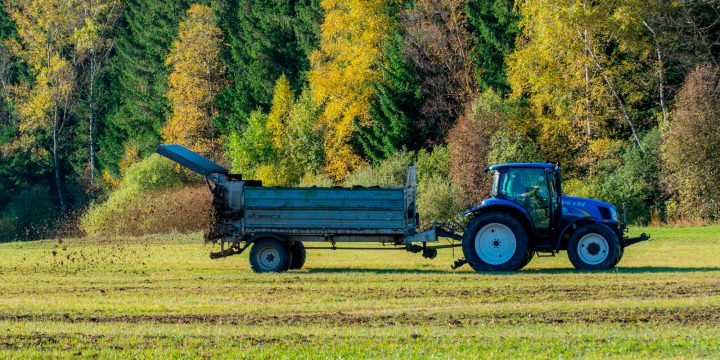Social challenges affecting bio-based fertilisers implementation
Climate change and resources depletion are urging agriculture players to boost a real change, from the grounds, fostering the use of bio-based solutions for crop nutrient management and pest control among others.
RUSTICA project is exploring a set of 5 technologies (carboxylic acid platform, microbial biomass production, electrodialysis, insect cultivation and biochar production) to value organic waste streams into bio-based fertilisers to be used in different regions and agricultural systems around Europe and South America. Furthermore, market and future scenarios analysis are being performed in order to identify market opportunities and new trends.
In this framework, TECNOVA Technologic Centre has organized a workshop with stakeholders involved actively in the vegetable production industry under greenhouse in South-East of Spain (Almería). During the workshop, discussions about the social factors arises from the participants, highlighting its potential influence as promoters or obstacles on the implementation of bio-based fertilisers (BBFs) use.
Main social factors identified during the workshop as promoters to the effective implementation of BBFs in Spanish agriculture were:
(1) Trends in general policies adopted by EU and Spanish government in order to promote sustainable agriculture.
(2) The implemented use of some bio-based products.
(3) The optimization of value chains to promote waste management and the recovery of nutrients.
(4) Social awareness and pressure in the market promoting healthy and sustainable foods.
(5) The dependencies from available resources and logistics to produce inorganic fertilisers has raised the price of inorganic fertilisers for farmers, urging them to search for new inputs and solutions of proximity.
On the other side, several factors were considered as obstacles to be solved as a first step for a proper implementation and use of bio-based fertilisers. Challenges were identified at different levels and key actors to be involved. At farm level, the main challenge is the necessity of training, either for farmers and for technicians in order to carry out the proper management of nutrient balance in the soil. At policy level, there is a lack of regulation harmonization regarding the production and use of the bio-based fertilisers and the existing regulation has been developed from a general perspective, with a lack of adaptation to local conditions. At the industry level, there is a challenge to offer trustable and economic profitable products, with a regular composition and no traces of chemical pesticides coming from waste biomass. Finally, at the general society level, there is a need to promote the environmental awareness regarding preservation of soil and environment health and this environmental awareness must be created and promoted from schools to adult populations.
RUSTICA consortium is working to solve these questions and foster the implementation of local value chains into new bio-based fertilisers solutions made from local vegetable waste streams. The acceptance of the first workshop with stakeholders in the region of Almeria, as well as the other workshops organized in other regions of Europe and South America, shows the interest of the different actors involved in the BBFs production and use in pushing this market as the main alternative to inorganic traditional fertilisation.


